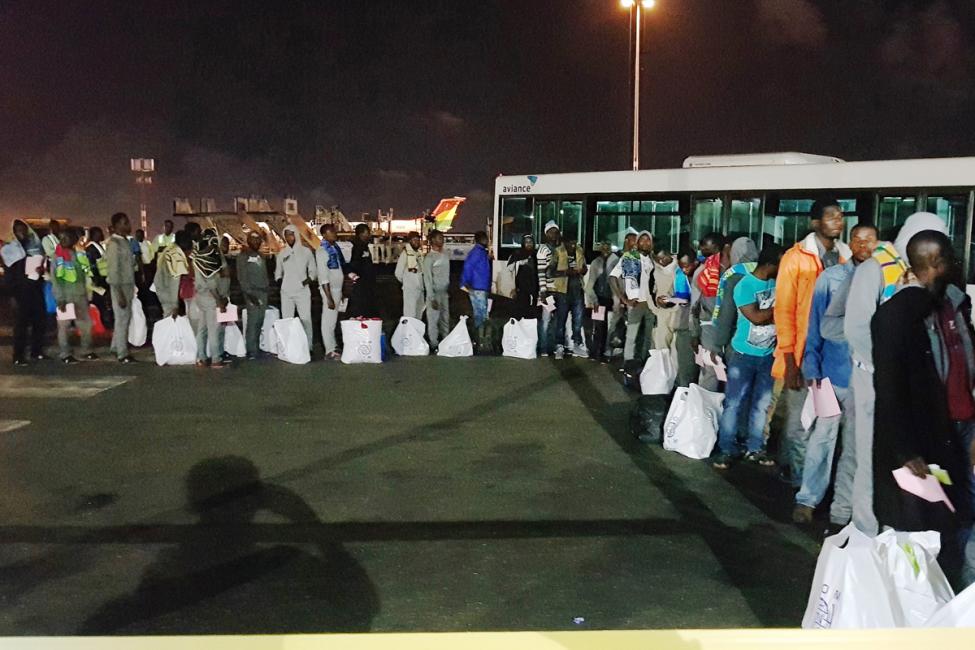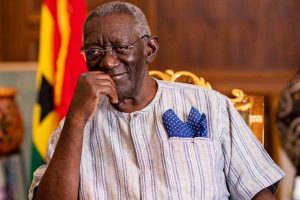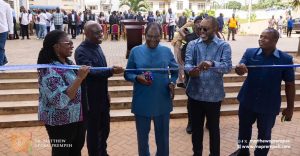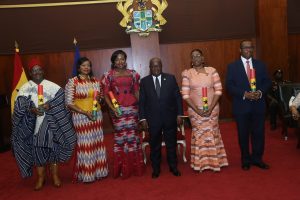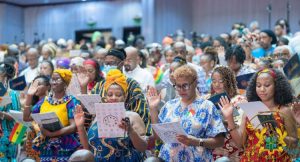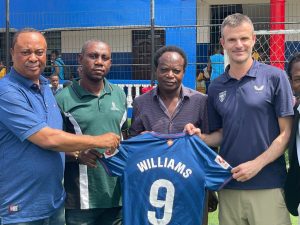More than 3,500 Ghanaians who left the country in search of greener pastures have been assisted to voluntarily return home since 2017, as data from the International Organization for Migration (IOM) Ghana has shown.
Of the figure, over 3,200 are males, with the rest comprising women and children, while the majority of the adults fall between the age range of 18 and 30 years. The data shows that they returned from more than 30 European and African countries, primarily Libya, Niger, Burkina Faso, Morocco and Algeria.
Their arrival was facilitated under the European Union (EU)-IOM Joint Initiative (JI) for Migrant Protection and Reintegration Programme in collaboration with government agencies.
Last year, 1,050 returnees arrived via chartered flights and as of October this year, 460 followed, with more expected to join them later. Commenting on the development, a reintegration assistant at IOM Ghana, Victoria Adomako, said beyond the data, more people have been supported to return home under other voluntary programmes.
She said Bono towns, including Techiman and others in the Bono East Region, witnessed a substantial influx of returnees, followed by Ashanti, where returnees went to towns like Aboaso, Mamponten, Ejura, and Aboabo.
In Greater Accra, she said areas like Nima, Ashaiman, Madina and Kasoa in the Central Region experience significant numbers of returning individuals, while there are increasing returns to the Northern and Western parts of the country.
She said the returned, who often reach out to IOM in their countries of destination, come home due to unfulfilled dreams, conflicts and other factors that have left a diverse impact on them, including trauma and regret, revealing that some of the returnees travel using regular channels but overstay and end up in irregular situations.
Ms. Adomako explained that under the IOM’s comprehensive initiatives, pre-departure counseling and economic, social, and psychosocial support were provided and they were equipped with the necessary tools for successful reintegration, including skill development, education for children, and social support.
She said the IOM had partnerships with state agencies, the Youth Employment Authority, and the Ghana Technical and Vocational Education and Training (TVET) Commission, which helped support the returnees in setting up in agriculture, trade and other areas depending on their interests and skills acquired during their sojourn.
She advocated comprehensive government involvement, while skills development and entrepreneurship should be increased to address unemployment, one of the key reasons for migration.



